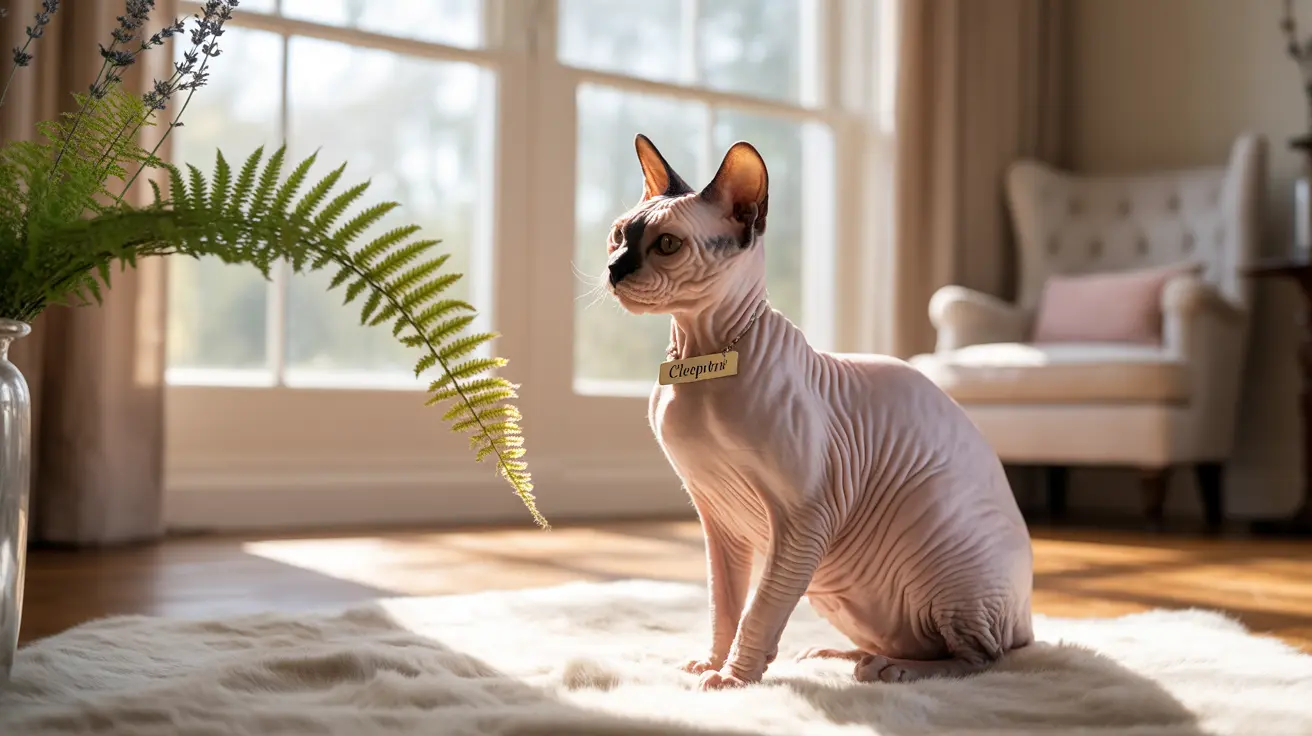As a devoted cat owner, understanding the nuances of your feline friend's digestive health is crucial. Cat constipation is a common yet potentially serious condition that can significantly impact your pet's well-being and quality of life. This comprehensive guide will walk you through everything you need to know about recognizing, treating, and preventing constipation in cats.
Constipation isn't just a minor inconvenience—it can be a sign of underlying health issues that require prompt attention and care. By learning to identify the symptoms and understand the causes, you can help your cat maintain optimal digestive health and prevent more serious complications.
Understanding Cat Constipation: Early Warning Signs
Recognizing the Symptoms of Feline Constipation
Cat constipation manifests through several distinctive symptoms that attentive pet owners should watch for:
- Prolonged straining in the litter box
- Reduced frequency of bowel movements
- Hard, dry, or small fecal pellets
- Visible discomfort during defecation
- Excessive licking of the anal area
- Reduced appetite
- Lethargy or unusual behavioral changes
Common Causes Behind Cat Constipation
Multiple factors can contribute to your cat's digestive difficulties, including:
- Dietary insufficiencies
- Chronic dehydration
- Excessive grooming leading to hairball formation
- Stress and environmental changes
- Age-related mobility issues
- Underlying medical conditions like kidney disease
At-Home Management Strategies for Cat Constipation
Hydration and Dietary Interventions
Improving your cat's hydration and diet can significantly help manage constipation. Consider these strategies:
- Provide multiple fresh water sources
- Introduce wet food to increase moisture intake
- Add fiber-rich supplements like canned pumpkin
- Use cat-specific probiotics to support digestive health
- Encourage regular exercise and playtime
Stress Reduction Techniques
Stress can dramatically impact your cat's digestive system. Implement these calming strategies:
- Maintain consistent feeding and play schedules
- Create quiet, comfortable litter box areas
- Use pheromone diffusers
- Minimize household disruptions
- Provide hiding spaces and vertical climbing areas
When to Seek Veterinary Care
Red Flags Requiring Professional Intervention
While some constipation can be managed at home, certain signs demand immediate veterinary attention:
- No bowel movements for more than 48-72 hours
- Persistent vomiting
- Significant weight loss
- Blood in stool
- Extreme lethargy
- Signs of severe pain or distress
Professional Treatment Options
Veterinarians can provide comprehensive treatments including:
- Diagnostic imaging to identify underlying issues
- Prescription medications
- Fluid therapy
- Manual fecal removal
- Specialized dietary recommendations
Preventing Future Constipation
Long-Term Health Management
Proactive care is key to preventing recurring constipation:
- Regular veterinary check-ups
- Balanced, high-quality diet
- Consistent hydration
- Weight management
- Stress reduction
- Age-appropriate exercise
Frequently Asked Questions
What are the most common symptoms of constipation in cats to watch for?
The most common symptoms include straining in the litter box, infrequent or absent bowel movements, hard and dry stools, and visible discomfort during defecation.
How can I safely treat my cat's constipation at home without harming them?
Focus on increasing hydration, adding fiber to their diet through supplements like pumpkin, ensuring regular exercise, and minimizing stress. Always consult your veterinarian before starting any home treatments.
When should I take my constipated cat to the veterinarian for treatment?
Seek veterinary care if your cat hasn't had a bowel movement in 48-72 hours, shows signs of pain, experiences weight loss, or exhibits additional symptoms like vomiting or lethargy.
Can cat constipation lead to serious health issues like megacolon or obstruction?
Yes, untreated constipation can lead to serious conditions like megacolon, where the colon becomes abnormally enlarged and loses its ability to move feces effectively. Prompt treatment is crucial to prevent long-term complications.
What diet changes prevent constipation in cats and promote healthy digestion?
Incorporate wet food, ensure adequate fiber intake, provide fresh water, use probiotic supplements, and choose high-quality, balanced diets tailored to your cat's age and health requirements.






